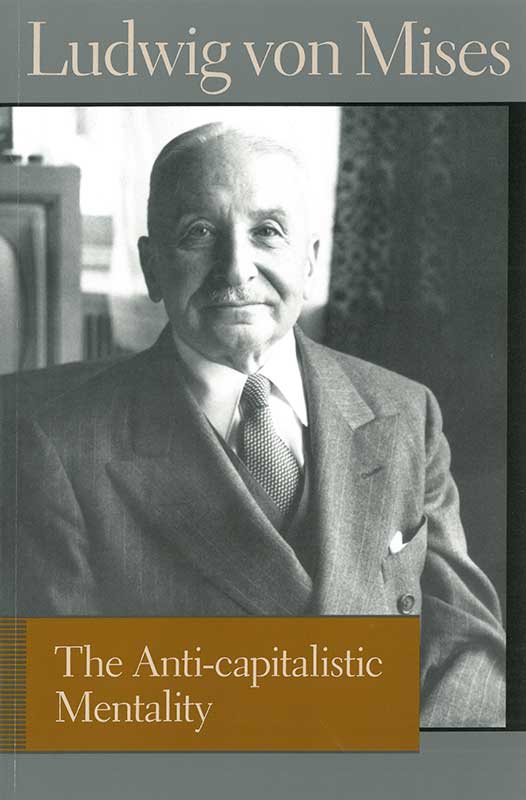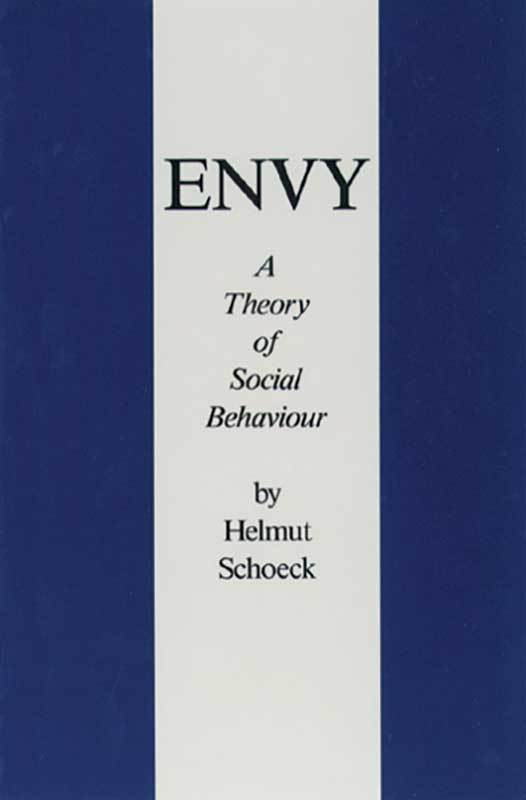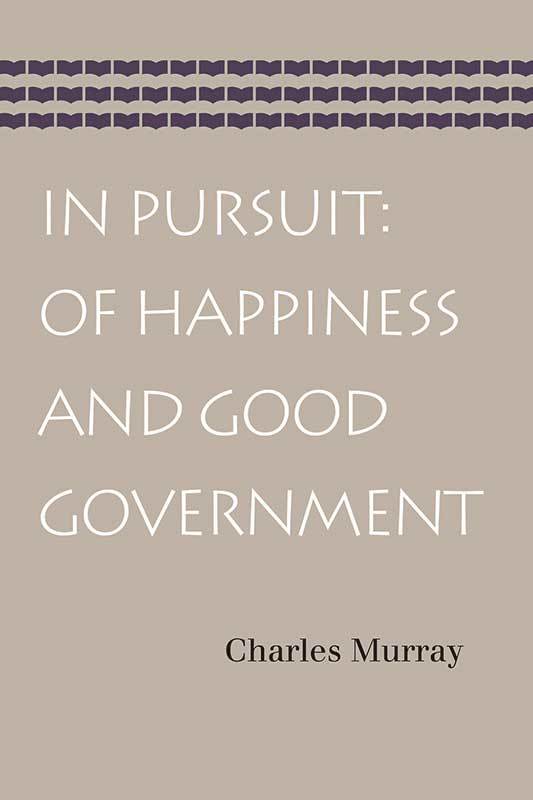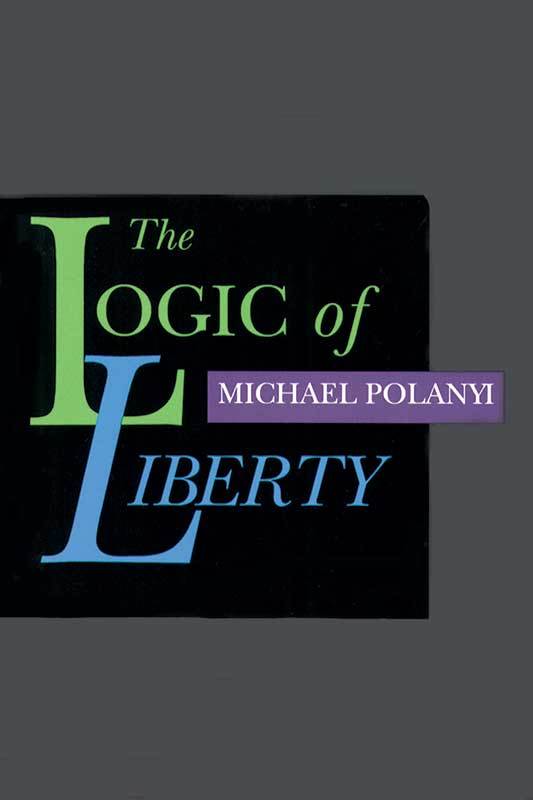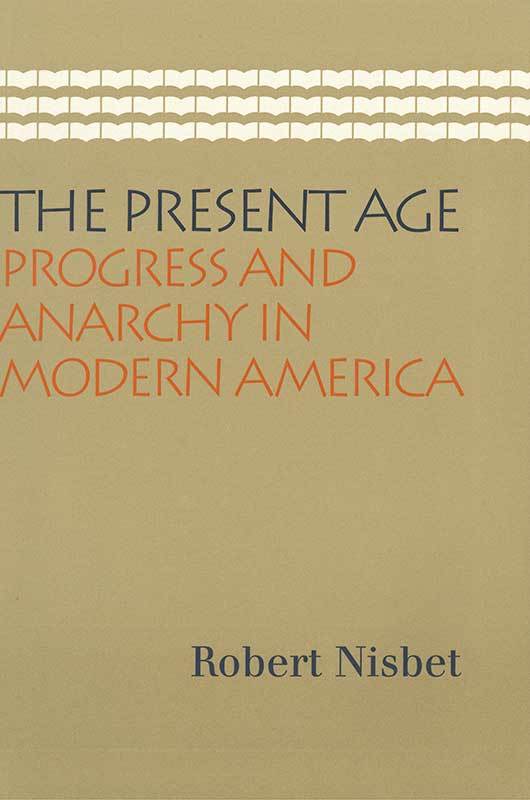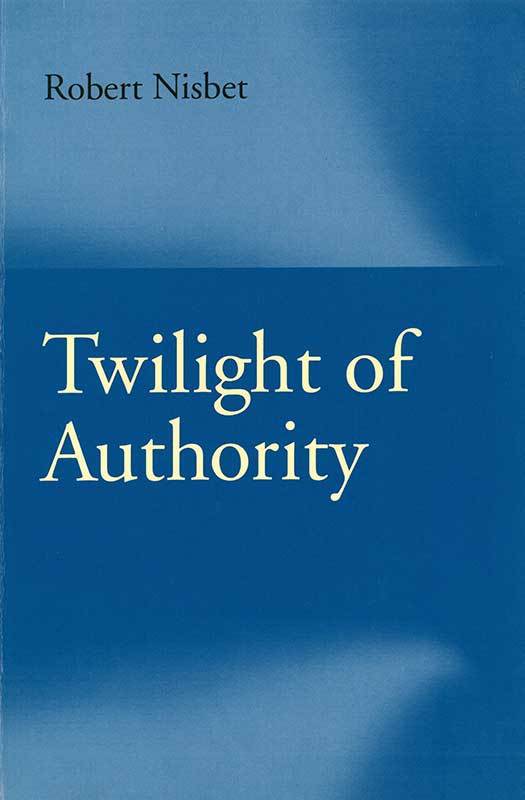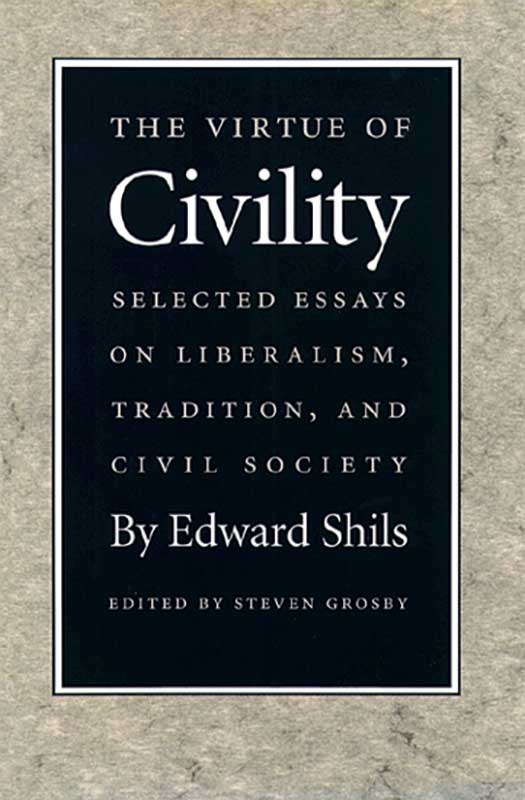Sociology
-
The Anti-capitalistic Mentality
by Ludwig von Mises
/ Learn MoreIn The Anti-capitalistic Mentality, the respected economist Ludwig von Mises plainly explains the causes of the irrational fear and hatred many intellectuals and others feel for capitalism. In five concise chapters, he traces the causation of the misunderstandings and resultant fears that cause resistance to economic development and social change. He enumerates and rebuts the economic arguments against and the…
-
Envy
by Helmut Schoeck
/ Learn MoreThis classic study is one of the few books to explore extensively the many facets of envy—“a drive which lies at the core of man’s life as a social being.” Ranging widely over literature, philosophy, psychology, and the social sciences, Professor Schoeck— a distinguished sociologist and anthropologist—elucidates both the constructive and destructive consequences of envy in social life. Perhaps most…
-
In Pursuit: Of Happiness and Good Government
by Charles Murray
/ Learn MoreRespected author, scholar, and columnist Charles Murray has long challenged accepted notions of public and social policy issues. In this volume, originally published in 1988, Murray presents a persuasive and practical argument that reconsiders commonly held beliefs of what constitutes success in social policy by examining the scope of government and its role in people’s pursuit of happiness. In Pursuit:…
-
Leisure the Basis of Culture
by Josef Pieper
/ Learn MoreThis elegantly written work introduces the reader to an understanding that leisure is nothing less than “an attitude of mind and a condition of the soul that fosters a capacity to perceive the reality of the world.” Pieper demonstrates that “Leisure has been, and always will be, the first foundation of any culture,” and observes, “in our bourgeois Western world…
-
The Logic of Liberty
by Michael Polanyi
/ Learn MoreA chemist and member of a family renowned for its learning in several disciplines, Michael Polanyi experienced first-hand the horrors of totalitarian government and worldwide war. He argued that centrally planned organizations—or governments—based solely on the methods of science threaten to foreclose a full human knowledge of the mysteries of existence and therefore pose a direct threat not only to…
-
The Present Age
by Robert Nisbet
/ Learn MoreThe Present Age challenges readers to reexamine the role of the United States in the world since World War I. Nisbet criticizes Americans for isolationism at home and discusses the gutting of educational standards, the decay of education, the presence of government in all facets of life, the diminished connection to community, and the prominence of economic arrangements driving everyday…
-
Twilight of Authority
by Robert Nisbet
/ Learn More“We had thought, or our forefathers had, that modern liberal democracy would be spared the kind of erosion and decay that both Plato and Aristotle declared endemic in all forms of state. Now we are not so sure.” So wrote Robert Nisbet in the first edition of Twilight of Authority, published by Oxford University Press in 1975. “The centralization and,…
-
The Virtue of Civility
by Edward Shils
/ Learn MoreEdward Shils was one of the leading intellectual defenders of freedom in the twentieth century. In these nine essays, he explores the importance of civility and tradition to a free society. The essays’ significance is enormous, for Shils was one of the first and assuredly one of the most courageous writers to examine the nature of civility and civil society…
35% OFF YOUR ENTIRE BOOK PURCHASE
With promo code:
WINTER2025
Expires March 31, 2025

